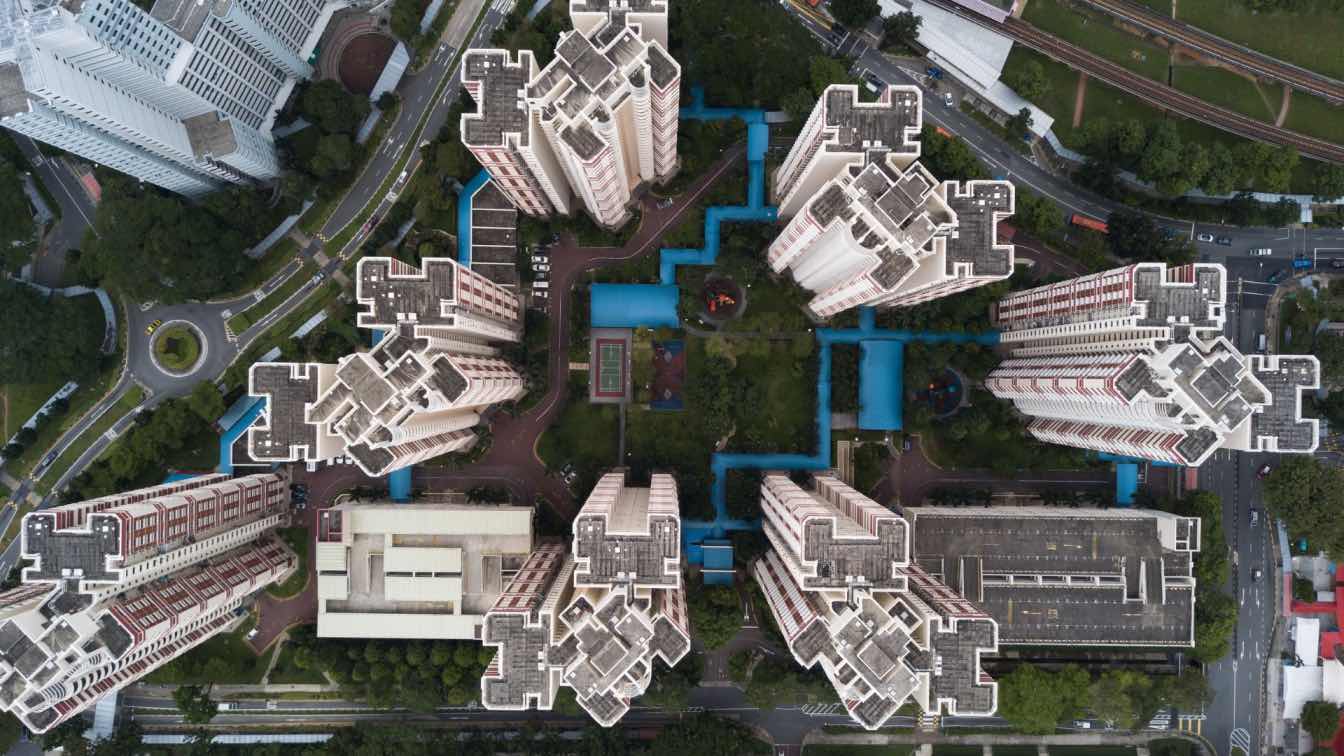Ensuring the structural soundness of your home is crucial, not only for your safety and that of any other occupants but also for maintaining its market value and ensuring compliance with local building regulations. Regular checks can help identify any issues at an early stage, potentially saving you from costly repairs in the future.
Engaging a professional for a detailed inspection can provide peace of mind and protect your investment over the long term. Always consult with a qualified structural engineer or a building inspector to ensure that your property meets all the relevant regulations. However, If they fail to spot something that later becomes a problem such as structural problems with the property, you may have a case to make a professional negligence claim against the surveyor, helping to compensate for the losses caused but below we’ve outlined the common elements you need to assess to aim to avoid this.
Foundation integrity
Signs of problems can include visible cracks in the foundation itself, doors that fail to latch or windows that stick or won't close completely. Seasonal changes can often exacerbate existing problems, making regular checks essential.
Roof condition
The roof protects your property from the elements and contributes significantly to its overall energy efficiency. Regular inspections should look for missing, loose or damaged shingles or tiles, signs of water penetration such as stains or mould, and ensure that gutters and drainpipes are free from debris.
Plumbing
Check for signs of leaks, such as damp patches on walls or ceilings, and ensure that pipes are not corroded. It's also important to ensure that drainage systems are functioning properly to prevent water build-up around the foundations.
Electrical systems
Outdated or faulty electrical systems can pose a significant safety risk. Regular checks should include inspecting the condition of fuse boxes, looking out for exposed wires and testing smoke detectors to ensure they are functioning correctly. Compliance with modern safety standards is crucial to prevent fire hazards.
Walls and ceilings
These should be checked for cracks and signs of damp or mould, which can indicate structural issues or water damage. Pay special attention to any bulging or discolouration, as these can point to deeper issues.
Windows and doors
Ensure that all windows and doors are properly sealed to prevent drafts and water ingress. Check for smooth operation as sticking can sometimes indicate foundation or structural issues. Regular maintenance of seals and locks can also improve energy efficiency.
Pest infestations
Pests can cause structural damage to your property by burrowing into wood and other materials. Look for signs of infestation such as droppings or damaged wood, and listen for sounds like scratching within walls. Addressing infestations early can prevent more severe damage.
The above checks and maintenance may incur up-front costs, but these are likely to pale into insignificance compared to what you’d have to fork out for any subsequent repairs. Plus, you’ll benefit from priceless peace of mind in knowing you’ve done your due diligence to keep you and your loved ones safe.





